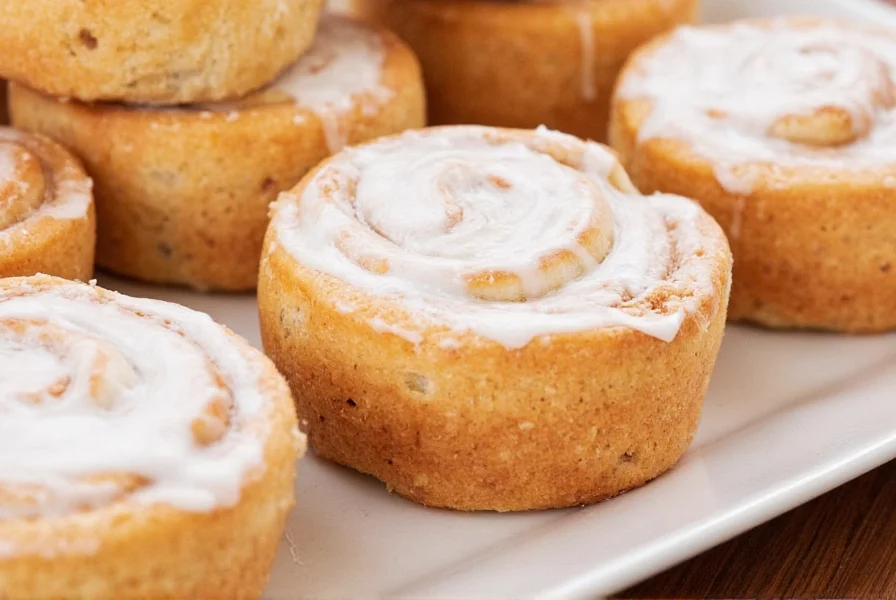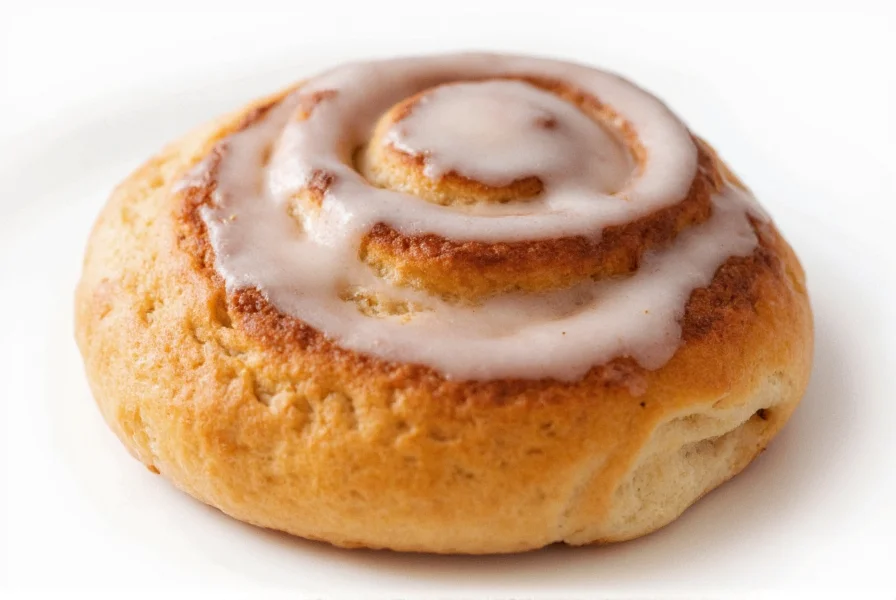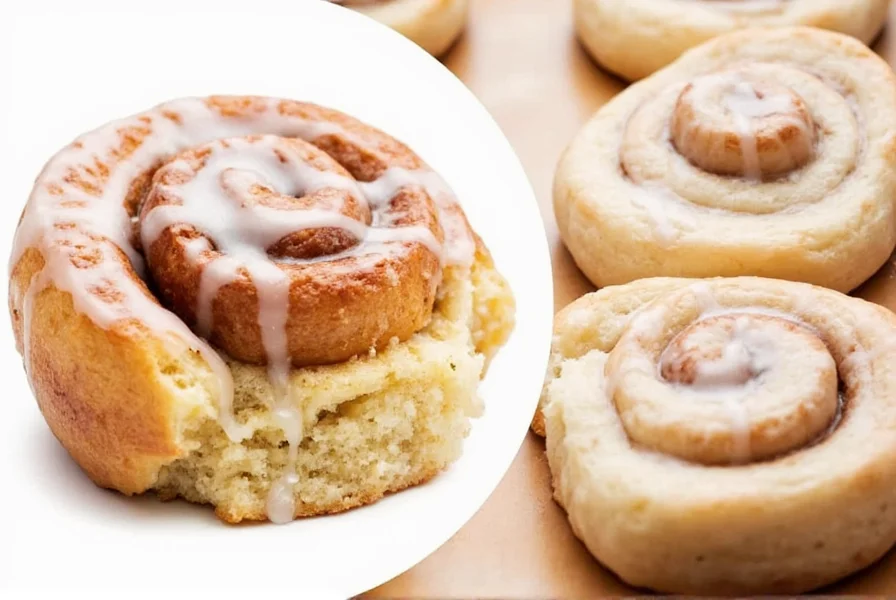National Cinnamon Roll Day provides the perfect opportunity to indulge in this comforting pastry that has captured hearts worldwide. Whether you prefer the classic Swedish version, the gooey American-style rolls, or innovative modern interpretations, October 4th invites pastry lovers to celebrate this delicious tradition.
The History Behind National Cinnamon Roll Day
While cinnamon rolls themselves date back to 1920s Sweden, National Cinnamon Roll Day is a more recent American creation. Food historians believe the official October 4th designation emerged in the early 2000s as part of a broader movement to establish food holidays that celebrate specific dishes and ingredients.
The Swedish connection remains strong—Swedes celebrate "kanelbullens dag" (Cinnamon Roll Day) on October 4th as well, making this a truly international observance. In Sweden, this day is part of "fika" culture, their cherished coffee break tradition where cinnamon rolls are often accompanied by coffee and conversation.
How to Celebrate National Cinnamon Roll Day
Celebrating National Cinnamon Roll Day goes beyond simply eating these delectable pastries. Here are meaningful ways to honor this sweet occasion:
Bake Your Own Cinnamon Rolls
Nothing compares to homemade cinnamon rolls with their perfect balance of soft dough, aromatic cinnamon filling, and sweet icing. The process itself becomes part of the celebration:
- Prepare dough with quality ingredients for optimal texture
- Create the perfect cinnamon-sugar-butter filling mixture
- Roll, slice, and bake to golden perfection
- Top with your preferred icing (cream cheese, vanilla, or traditional powdered sugar)

Support Local Bakeries
Many independent bakeries create special offerings for National Cinnamon Roll Day. Visiting your neighborhood bakery not only satisfies your craving but supports small businesses that keep culinary traditions alive. Some establishments even offer free or discounted rolls on this special day.
Share the Sweetness
True to the spirit of fika, share your cinnamon roll celebration with others. Bring a batch to work, share with neighbors, or host a casual gathering centered around these beloved pastries. The communal aspect transforms a simple treat into a meaningful social experience.
Global Variations of Cinnamon Rolls
While the basic concept remains consistent, cinnamon rolls take on distinctive characteristics across different cultures:
| Country/Region | Distinctive Features | Local Name |
|---|---|---|
| Sweden | Cardamom in dough, pearl sugar topping, slightly less sweet | Kanelbulle |
| United States | Gooey center, generous icing, often served warm | Cinnamon roll |
| Denmark | Buttery laminated dough, often with nuts | Kanelsnegl |
| Mexico | Concha-inspired designs, sometimes with chocolate | Rollo de canela |
What Makes the Perfect Cinnamon Roll
Crafting an exceptional cinnamon roll requires attention to several key elements that distinguish a good roll from a truly memorable one:
Dough Quality
The foundation of any great cinnamon roll is properly developed dough. Ideal cinnamon roll dough should be:
- Soft and slightly elastic
- Enriched with butter and eggs for richness
- Allowed proper rising time for optimal texture
- Baked to golden perfection without drying out
Filling Composition
The filling creates the signature swirl and flavor. Professional bakers emphasize:
- Freshly ground cinnamon for maximum flavor
- Proper sugar-to-cinnamon ratio (typically 4:1)
- High-quality butter that spreads evenly
- Optional additions like nutmeg, cardamom, or brown sugar
Icing Variations
While traditional powdered sugar icing remains popular, creative variations have emerged:
- Cream cheese frosting for tangy contrast
- Bourbon or maple-infused glazes
- Gluten-free and vegan alternatives
- Less sweet options using Greek yogurt

Nutritional Considerations
While cinnamon rolls are undoubtedly a treat, understanding their nutritional profile helps enjoy them mindfully:
A standard restaurant-style cinnamon roll (approximately 4 ounces) typically contains:
- Calories: 300-500
- Carbohydrates: 50-70g
- Fat: 10-20g
- Sugar: 25-40g
- Protein: 4-7g
For those seeking lighter options, consider:
- Mini cinnamon rolls for portion control
- Homemade versions with reduced sugar
- Whole wheat or alternative flour options
- Less icing or alternative sweeteners
Celebrating with Purpose
National Cinnamon Roll Day offers opportunities beyond personal enjoyment. Many bakeries and organizations use this day for charitable purposes:
- "Buy one, give one" programs where purchased rolls support food banks
- Special events benefiting local community organizations
- Workshops teaching baking skills to interested enthusiasts
- School activities incorporating math and science through baking
By participating in these initiatives, cinnamon roll lovers can make their celebration meaningful while enjoying their favorite pastry.
When is National Cinnamon Roll Day celebrated?
National Cinnamon Roll Day is celebrated annually on October 4th in the United States and several other countries. This date aligns with Sweden's Kanelbulle Day, making it a truly international celebration of this beloved pastry.
What's the difference between Swedish cinnamon buns and American cinnamon rolls?
Swedish kanelbullar typically contain cardamom in the dough, use pearl sugar instead of icing, and are less sweet overall compared to American cinnamon rolls. American versions usually feature generous cream cheese or vanilla icing and have a gooier center with more pronounced cinnamon swirls.
How did National Cinnamon Roll Day originate?
While cinnamon rolls originated in Sweden in the 1920s, National Cinnamon Roll Day as celebrated on October 4th emerged in the early 2000s as part of America's food holiday movement. The date coincides with Sweden's official Kanelbulle Day, creating a shared international celebration of this pastry.
What are traditional ingredients in authentic cinnamon rolls?
Authentic cinnamon rolls contain yeast dough with flour, milk, butter, sugar, and eggs. The filling traditionally consists of softened butter, cinnamon, and sugar. Swedish versions often include cardamom in the dough and pearl sugar on top instead of icing, while American versions typically feature a powdered sugar or cream cheese icing.
How can I celebrate National Cinnamon Roll Day if I can't eat gluten?
Gluten-free celebrants can enjoy National Cinnamon Roll Day by trying gluten-free cinnamon roll recipes using alternative flours like rice flour, almond flour, or commercial gluten-free baking blends. Many specialty bakeries now offer gluten-free options, and some brands produce frozen gluten-free cinnamon rolls specifically for occasions like National Cinnamon Roll Day.











 浙公网安备
33010002000092号
浙公网安备
33010002000092号 浙B2-20120091-4
浙B2-20120091-4